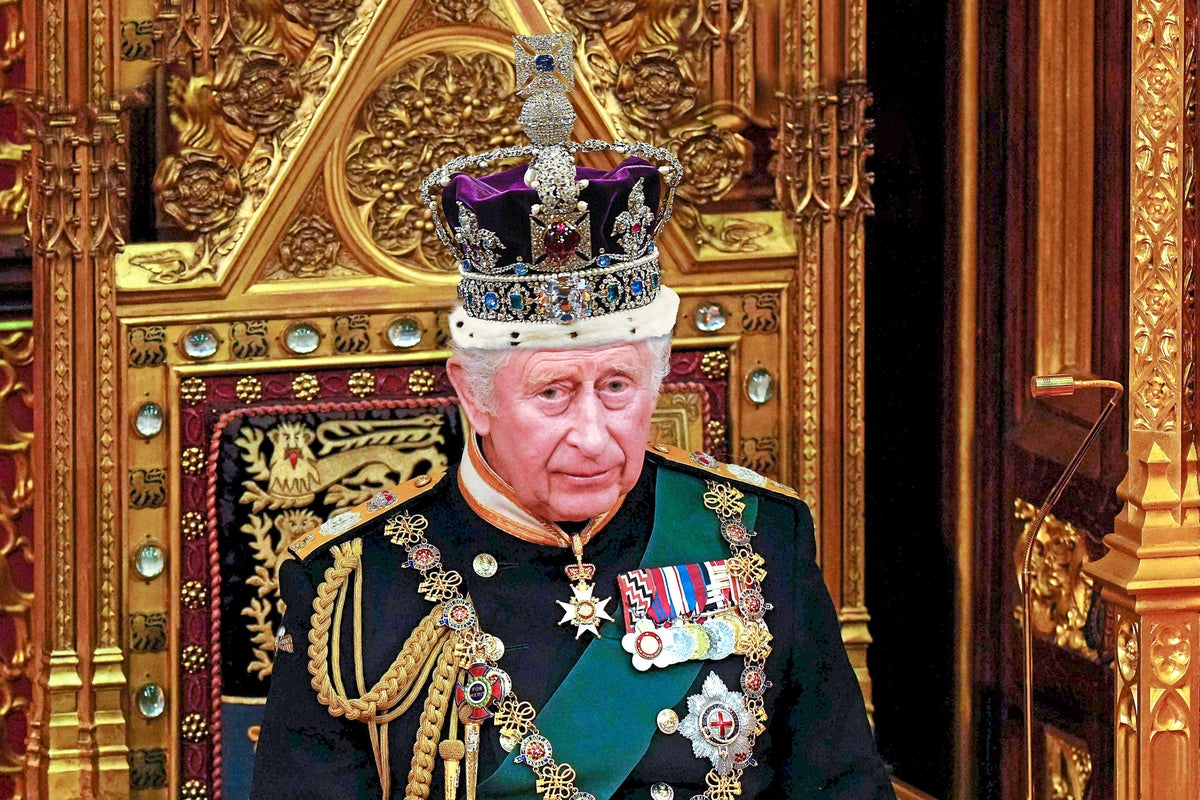When we delve into the vast corpus of Bahá’í teachings, one cannot overlook the profound legacy of King Malietoa Tanumafili II, who stands as a distinguished historical figure. His leadership in Samoa not only showcased the principles of the Bahá’í Faith, but also served as a catalyst for socio-political transformation. Could we, in our contemporary reality, glean insight from his life and principles? The challenge lies in marrying these historical teachings with modern global concerns.
The Bahá’í Faith espouses several core tenets: the oneness of humanity, the elimination of prejudice, and the pursuit of universal peace. These ideals found embodiment in the reign of Malietoa Tanumafili II, whose tenure spanned from 1962 to 2007. His exemplary leadership provides us with opportunities to analyze how spiritual beliefs can influence governance and societal development.
Born in 1913, Malietoa Tanumafili II was not merely a monarch but also a pivotal figure in the introduction of Bahá’í teachings in Samoa. His conversion to the Bahá’í Faith in the early 20th century can be viewed as a significant turning point. It was a time marked by colonial dominance and socio-political strife, and his insights allowed him to champion unity within a culturally diverse landscape. With this perspective, Tanumafili II’s rule was more than a series of administrative decisions; it was a manifestation of the Bahá’í ideal of the oneness of humanity.
One of the foremost issues Tanumafili navigated was the delicate interplay between tradition and modernity. As chief, he sought to maintain traditional Samoan culture while fostering development. This duality is beautifully encapsulated within Bahá’í teachings, which advocate for the harmonious coexistence of spiritual and material advancements. The challenge before us, then, is how to honor our historical traditions while simultaneously embracing the transformative changes that modern society demands.
Malietoa Tanumafili II emphasized education as crucial for the evolution of society. He championed both formal education and lifelong learning—a reflection of Bahá’í teachings that call for the cultivation of knowledge. Under his reign, educational reforms were initiated, ensuring access for all strata of Samoan society, thereby addressing the universal principle of equity. How might the educational reforms of the past guide our current struggles for equity in education across the globe?
The King’s leadership style was characterized by his deep-seated commitment to dialogue and consultation, drawing parallels to the Bahá’í principle of collective decision-making. This is particularly notable in a world often fraught with divisiveness. His steadfast belief in the power of consensus demonstrates that even historical leaders faced the challenge of aligning diverse perspectives—a challenge that remains ever relevant today. One wonders: in our fractured global society, how can we cultivate a culture of meaningful dialogue?
Not only did Malietoa promote education, but he also worked tirelessly towards social justice and the alleviation of poverty, mirroring Bahá’í mandates to combat social inequalities. He was a proponent of laws aimed at improving the lives of marginalized groups, an embodiment of the Faith’s teachings about the essential equality of all people. As we consider the socio-economic disparities in our own communities, is there a way to integrate these historical lessons into contemporary activism?
Moreover, Tanumafili II’s reign coincided with Samoa’s transition to independence in 1962, a moment rife with challenge and opportunity. His advocacy for self-governance was reflective of Bahá’í principles that underscore the importance of individual and collective agency. The transition was marked by a profound sense of responsibility, as leaders embarked on the task of nation-building. This presents a vital question: How can we balance our aspirations for autonomy with the shared responsibilities that come with leadership in a globalized world?
One of the most poignant aspects of Malietoa Tanumafili II’s legacy is his devotion to peace. His life was a testament to the Bahá’í call for the eradication of conflict through goodwill and mutual understanding. He was instrumental in fostering relationships between different communities in Samoa, emphasizing that dialogue could pave the way for reconciliation. In our present-day reality, where polarization appears ubiquitous, what strategies can we adopt from his legacy to foster peace in our communities?
In conclusion, the life and teachings of King Malietoa Tanumafili II serve as a beacon of inspiration for us all. He exemplified the power of leadership infused with a spiritual ethos, showing that governance is inherently a moral responsibility. The Bahá’í teachings permeate his legacy, urging us to reflect on the principles of unity, justice, and peace. As we ponder these lessons, we are faced with a critical challenge: to engage actively with the teachings of the past to forge a more equitable and harmonious world for the future.
